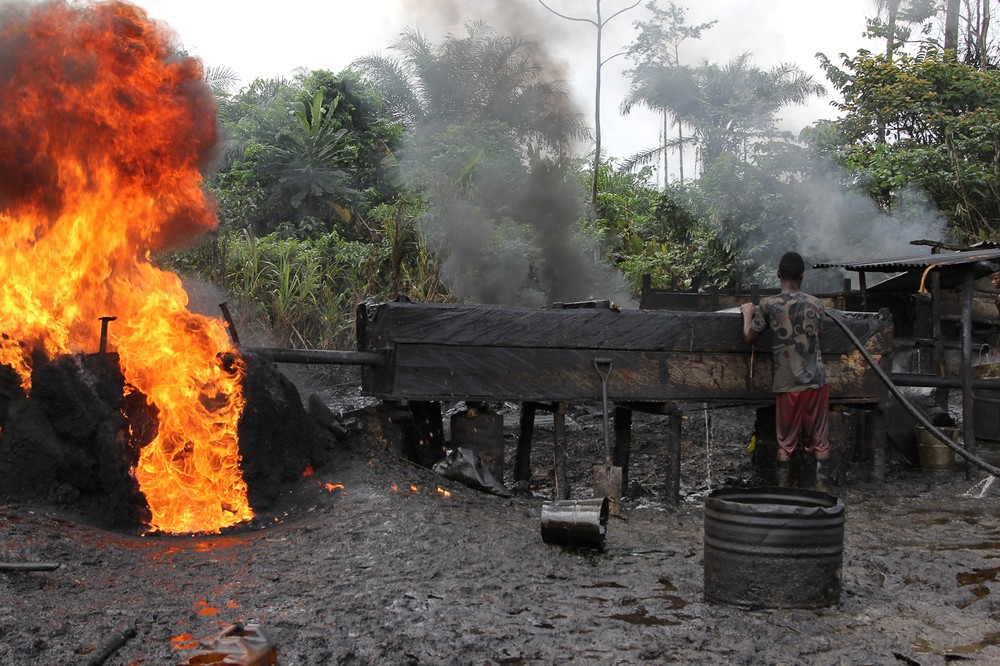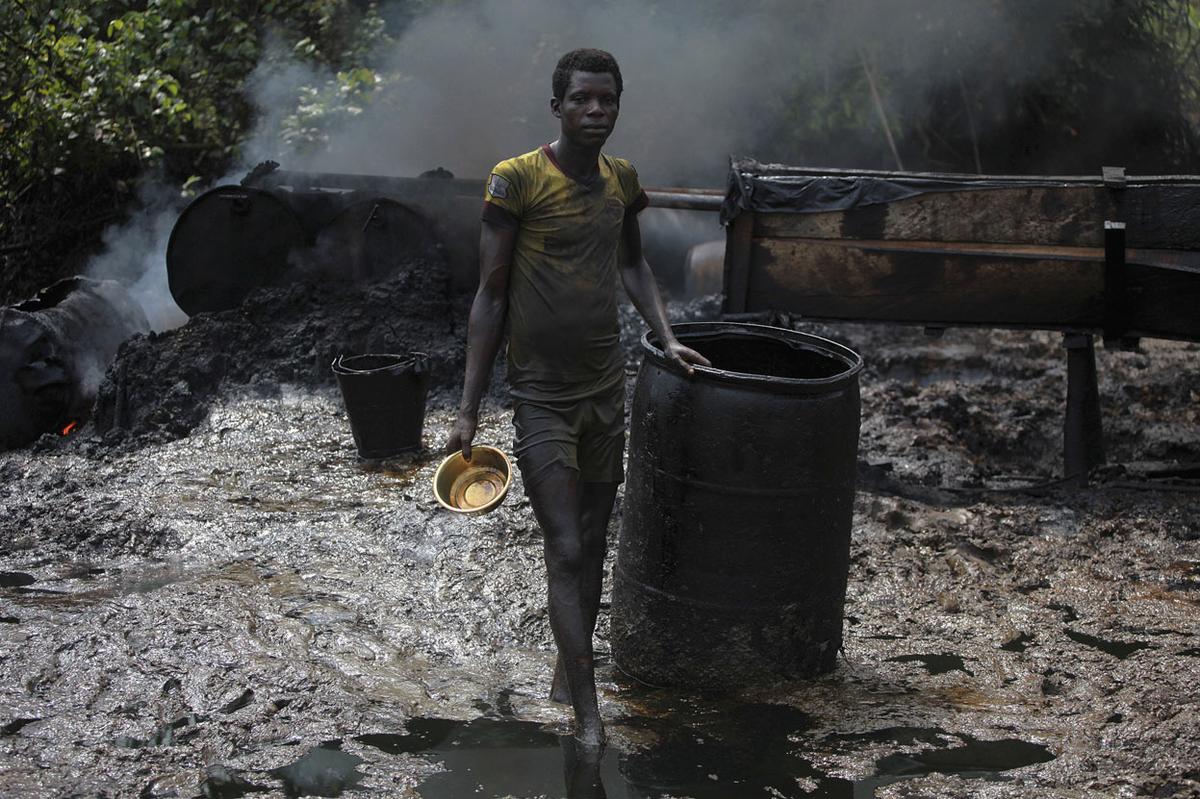Chapter 5: the State of Arizona - Safford Government
"Little" Alex Silversmith is five foot ten and spends most of his time in an outpost in the hills in the northern part of the San Carlos Apache Reservation. He has discarded his jacket in the summer heat and instead the strap of his assault rifle is slung over a black tank top.
Things looked pretty good in this part of the state, at first. You had some farms and ranches, a national guard base, and the university up in Safford. There was only one road leading to Phoenix, and that was through a narrow pass that we were able to bottle up. It's been cleared now, but there's a checkpoint down at Lake Roosevelt. But back then, the mayor of Safford was coordinating local efforts, and he would be recognizing Flagstaff's authority soon enough.
That said, the real problem came from within. The national guard was stretched pretty thin. The mayor was recruiting more, and then you had the cops and the militias, but there was still a lot of unrest. Globe was...a bit too full, just a bit too many mouths to feed, including some refugees who'd been accepted in before we - they - closed the pass.
[How many was too many?]
I dunno, I'm not one of the eggheads at the university. They crunched the numbers and it came out afterwards that...well, you know how some places had to make the choice between everybody starving or half the population being fed? Yeah, that was gonna be us real soon. So yeah, Globe was coming apart at the seams, and the national guard wasn't having an easy time of it keeping everything together. And then, the mayor of Safford decided to arm the folks on the rez -
He hefts the assault rifle slung over his shoulder.
- while at the same time pulling back some of the guard to Safford. Well, people started talking real quick. I don't know what he planned, but there was one road between Globe and Safford, and it led right through Apache land. If Globe collapsed, the refugees'd hit us first. So it sure looked like he was putting us between him and the city. Well, not much we could do about that, but by this point Globe had some shit-stirrers. Maybe you didn't need to be an egghead to know that if you got rid of enough people then at some point there'd be enough food for the rest of us. And the locals figured it might as well be all those refugees...
Then El Presidente came to talk to us. He wasn't El Presidente then of course, just some national guard officer. I think he was one of the people who joined up after, and he just got promoted real fast. Never found out. But he pitched us this plan...pretty damn ballsy, but he needed some outside guns.
I don't know if he woulda gone through with it if it hadn't been for Globe. The city finally went blew up, it was local cops and the city militia against the national guard mostly, but there was something like five factions. National guard only controlled part of the city, and bandit and refugees - no real difference at this point - were spilling east into Apache land. We'd had some firefights but the real storm was still comin'.
So, around sundown, about four months after Phoenix had collapsed, the boss gathered up the Safford garrison, marched into city hall, and hey presto, you got another place calling itself the State of Arizona. Now, our guy didn't call himself the president, but the name got around somehow, so, El Presidente is what most people on the street'll call him.
[Why do you think he did it?]
Probably because he wanted to be the little tinpot dictator of a couple backwoods towns. Shit yeah, I can say that, why do you think we're up in the hills? Anyway, he's welcome to it.
[But he did stop Globe from collapsing.]
Maybe so. True, lots of people weren't pleased with how the old mayor handled things, El Presidente spread the word around afterwards that he saved the day. That's probably why so many folks fell in line behind him, at first anyway. But hey, maybe the national guard could've restored order, or maybe the old mayor would've been able to handle it. Who knows?
[What happened after the coup?]
After that? He split the Safford Garrison, half was sent to sort out Globe. We joined up with them and rolled into town, backup for the national guard. By the time that was over...yeah, too many mouths wasn't a going concern anymore. There's all sorts of conspiracy theories - that the old mayor was gonna let Globe collapse on purpose, that the fighting in Globe was a false flag or some shit, that El Presidente was behind it, or that we were behind it somehow...most way you'll hear it, either he wanted us to be his private army, or he was planning to wipe out the pure white race and put us in charge. Shit, I wish. Maybe we'd have gotten something better out of it than the guns and a cut of the salvage.
[So things haven't been that great since then?]
Things haven't ever been that great. But nah, after El Presidente had Globe sorted we got a pat on the back and we went back to the reservation. At least we got to keep the guns and stuff. But well, you see those mountains?
He points to the peaks north of us.
White Mountain Rez is right over there. There's some trails through there, and we do a bit of trade with our relations out there. Out of the way of any government officials, their side or ours, and word goes back and forth all the time. We know what kinda deal they get on their side of the mountains, and we'd like a slice. Don't forget, we were almost part of the Flagstaff Government before the coup.
[How did he last this long?]
Cooperation. He's not some nutcase, he's got trade agreements and open borders, and he let one of their salvage companies put an office in Globe, and its not like we shot any of theirs so they're not mad at us breaking off or anything. They've got enough on their plate, from what I hear, so as long as he doesn't cause problems for them, they'll leave him be.
[What about internal trouble?]
He winks at me.
Like I said, why do you think we're in this outpost up in the hills?
















 ,
,